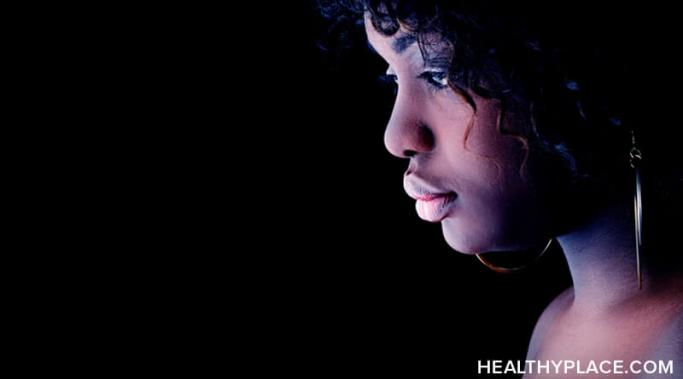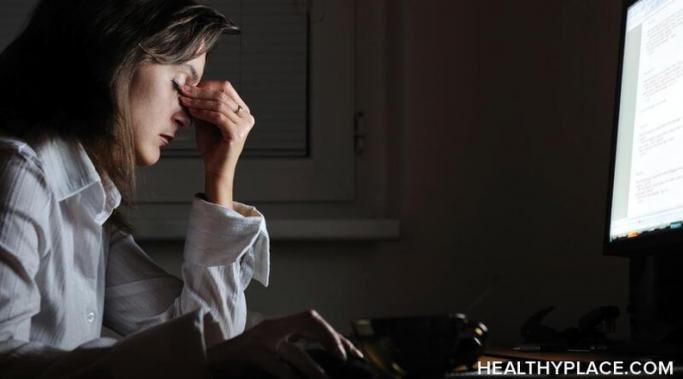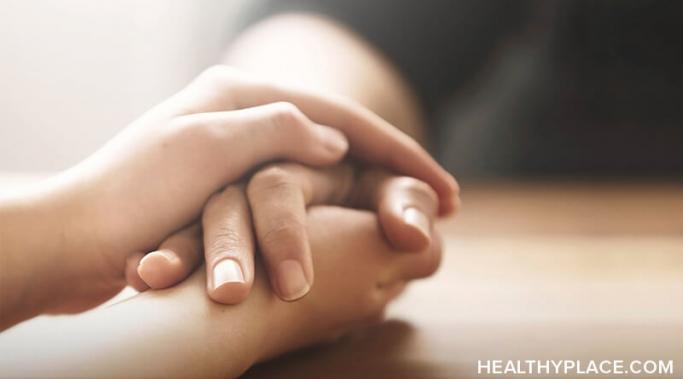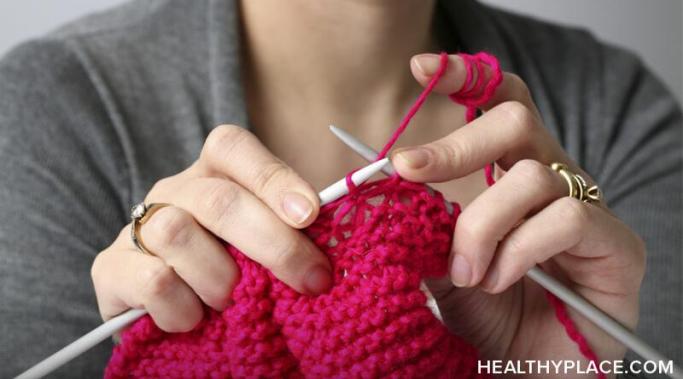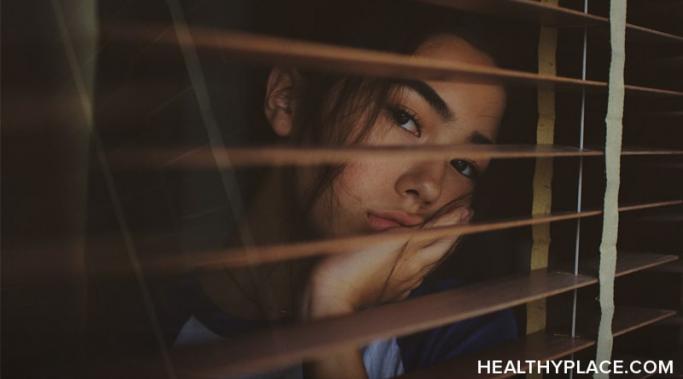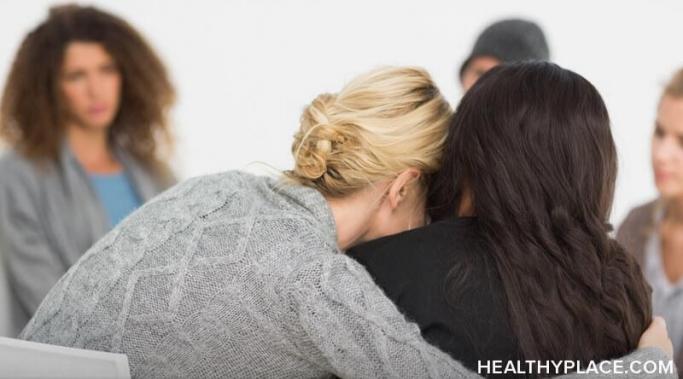As the United States is ablaze in chaos that has erupted from systemic racial violence, I find myself worried for the mental health of Black men and women because—false stereotypes aside—Black people suffer from eating disorders too.
Surviving ED
I've had a home office for over a decade--long before it became a forced norm of the COVID-19 pandemic--and during this time, I noticed how working from home affected my eating disorder recovery. It wasn't a smooth road, but with a few strategies, I learned how to support my eating disorder (ED) recovery with healthy habits.
I understand it's a privilege to have a solid and committed eating disorder support network. I know that some people must fight the treacherous current of their eating disorders alone. But I am fortunate to pursue recovery with the relentless encouragement of so many loved ones around me, and I just feel compelled right now to share an open letter to those in my eating disorder support network who stuck with me throughout this entire ordeal.
A change of perspective can do wonders to change your mindset, and this is why, when my destructive thoughts get to be too much, I go to nature to support my eating disorder recovery.
Have you become stuck in the tension of how to approach eating disorder recovery when you don't feel ready? This is a common dilemma—the belief that you can't pursue healing until the motivation, desire, and commitment all of a sudden materialize.
While I fully believe we need to be connected to ourselves to heal, I also believe that as a coping strategy, distraction in eating disorder recovery works wonderfully. I have been using distraction to help me get through some of the worst parts of recovery with great success, and in this blog post, I'm going to tell you how.
I am exercising less in quarantine—and that is acceptable. In these last few months, COVID-19 has disrupted many of the routines and norms that were baked into my life without question before, and one of those routines is fitness. My motivation to workout seems to decline with each passing day, which is unusual for me, a committed runner with a history of chronic overexertion.
Convincing myself that I feel poised, satisfied, uninhibited, confident, free, and at home in my own body all the time sounds excellent in theory, but I find it does not always work in practice. For this reason, I maintain that body acceptance is a more realistic goal than body positivity. Of course, it would be ideal to stand in front of a mirror and genuinely admire the curves and contours of my reflection, but this just happens sometimes—it's not an outlook I can manufacture out of sheer obligation to praise my body.
I don't think plus-size Barbie dolls promote positive body image. I have two daughters under eight years old, at least a half-dozen plus-size Barbies in my home, and I fail to see how these dolls showcase a plus-size body—which as far as I can tell, was the point in making them.
It's been crucial for me to learn how to help others in eating disorder recovery without derailing my own since I both mentor young women with eating disorders and am vocal about my own healing from anorexia. I often find myself on the receiving end of phone calls, text messages, and coffee dates which tend to start with the conversation opener, "I don't know who else I can trust to share this with, but I have an issue with food and body image. Can we talk about it?"
